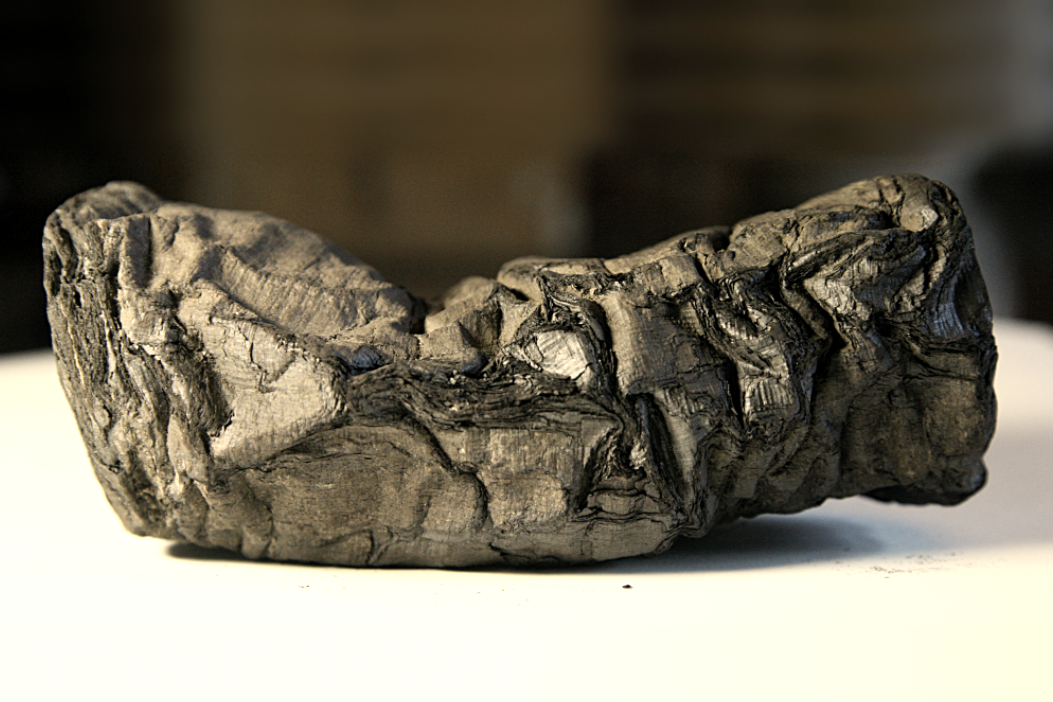AI reveals hidden text of 2,000-year-old scroll
Scrolls will yield ‘who knows what kinds of new secrets’ says classicist Bob Fowler
Researchers have used artificial intelligence to decipher the hidden text of a 2,000-year-old scroll that was burnt during the eruption of Mount Vesuvius.
The charred papyrus features the musings of a Greek philosopher, revealing never-before-seen insights into the Epicurean school of philosophy that focuses on pleasure and hedonism.
After digitally scanning the scroll, which resembles a lump of charcoal, the researchers used 3D mapping and AI techniques to virtually unroll the papyrus and detect the letters.
The writing comes from the philosopher Philodemus, with the passage offering his thoughts on how the scarcity of food can impact how much enjoyment we get from it.
The breakthrough was made by a trio of researchers – Youssef Nader from FU Berlin, Luke Farritor from the University of Nebraska-Lincoln, and Julian Schilliger from the Swiss Federal Institute of Technology Zurich – who now hope to use the technique to uncover more of the texts.

The scrolls were discovered in the 18th century when a farmer uncovered a buried Roman villa while digging a well over the ancient town of Herculaneum.
A vast library of papyrus scrolls had been carbonised by the heat of the volcanic debris, leaving them extremely fragile but still intact.
Previous attempts to open them and read the texts had destroyed several scrolls, with more than 600 remaining unopened and unreadable. If deciphered, the scrolls would more than double the corpus of antiquity literature.
A challenge was launched in March 2023 to incentivise researchers by offering an $850,000 cash reward for deciphering part of the Herculaneum scrolls.
“Following a year of remarkable progress, the prize was claimed,” the website for the Vesuvius Challenge states. “After 275 years, the ancient puzzle of the Herculaneum Papyri has been solved. But the quest to uncover the secrets of the scrolls is just beginning.”
Classicist Bob Fowler from the University of Bristol, who was one of the prize judges, described the feat as a “historic moment”, telling the journal Nature that it will “yield who knows what kinds of new secrets”.
Join our commenting forum
Join thought-provoking conversations, follow other Independent readers and see their replies
Comments
Bookmark popover
Removed from bookmarks